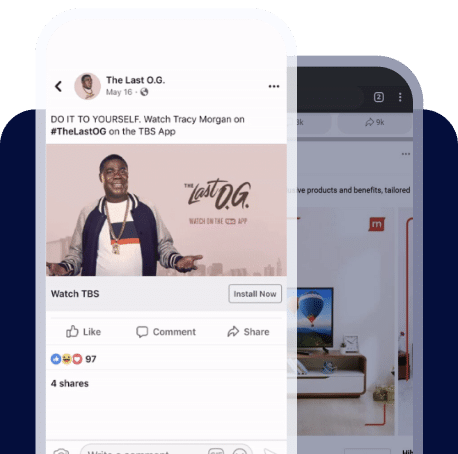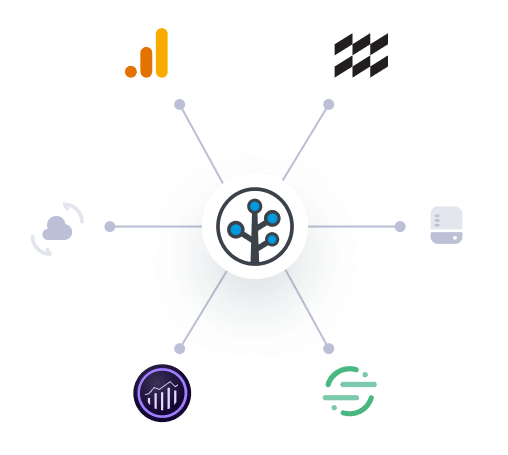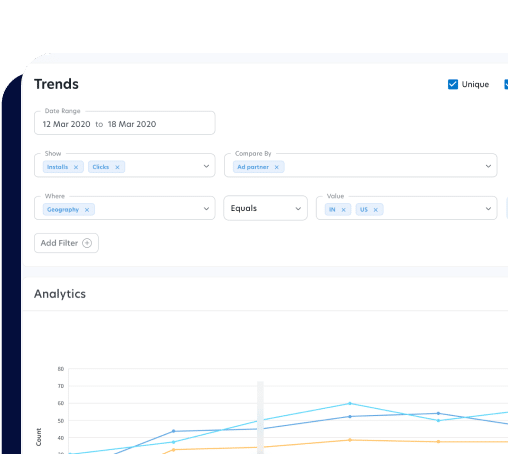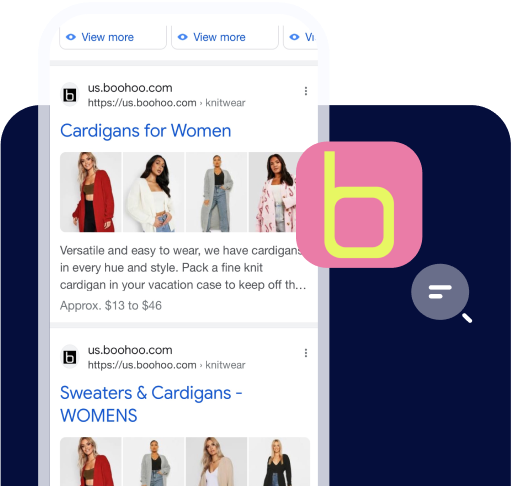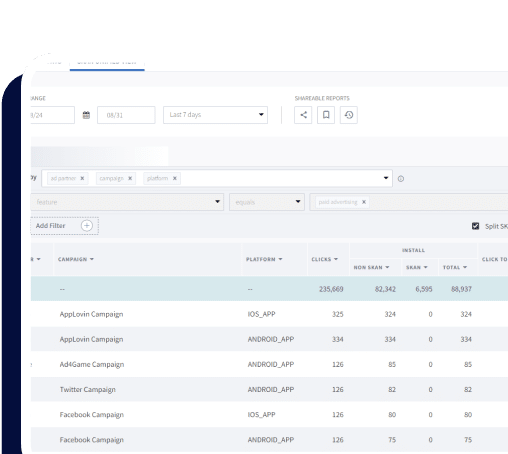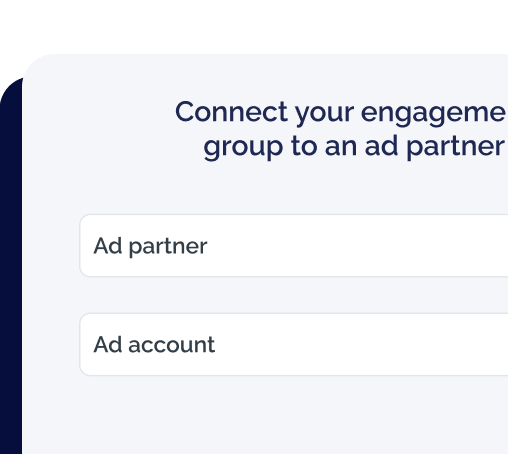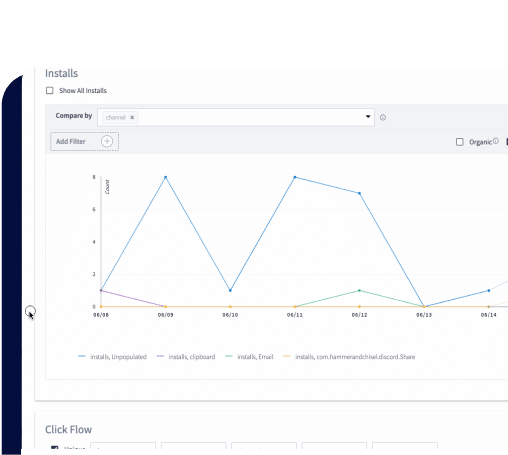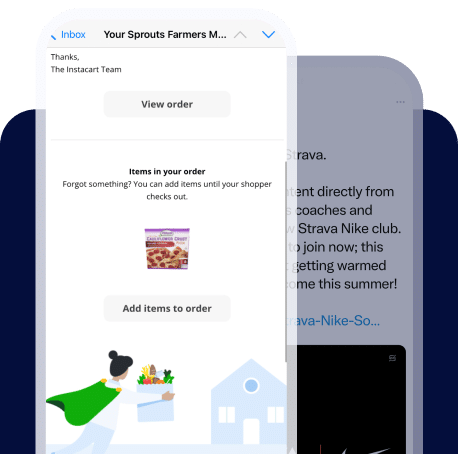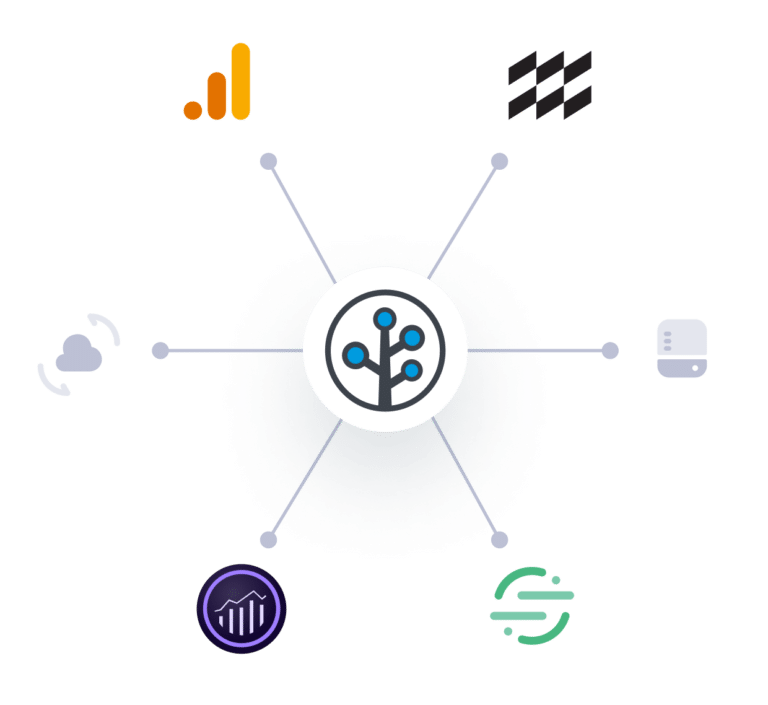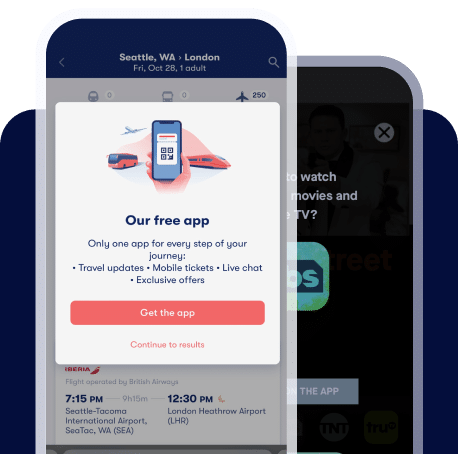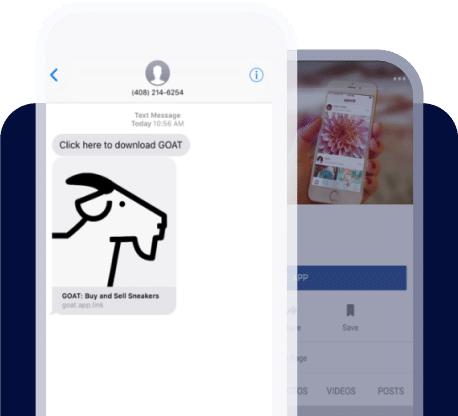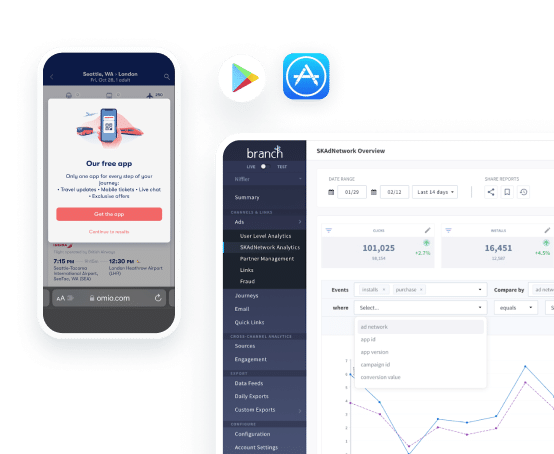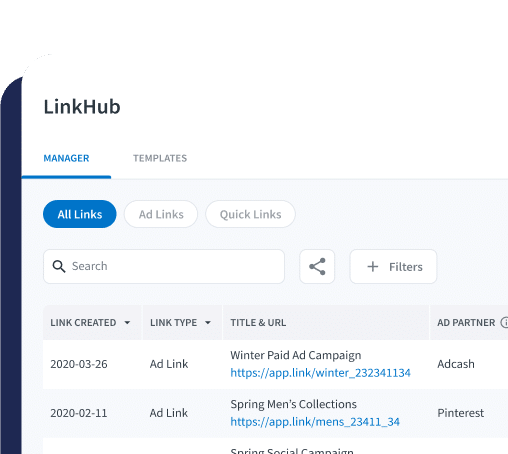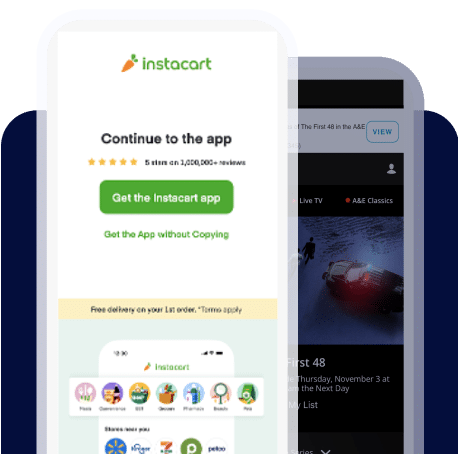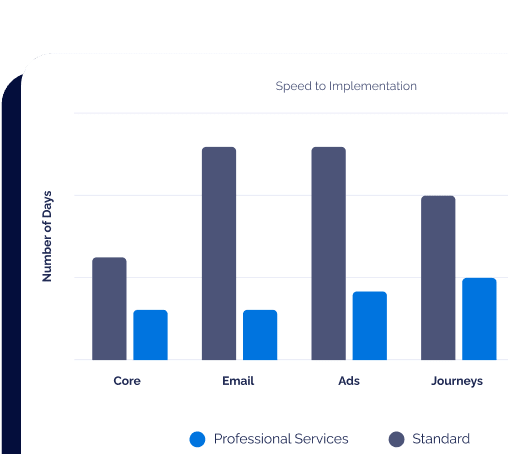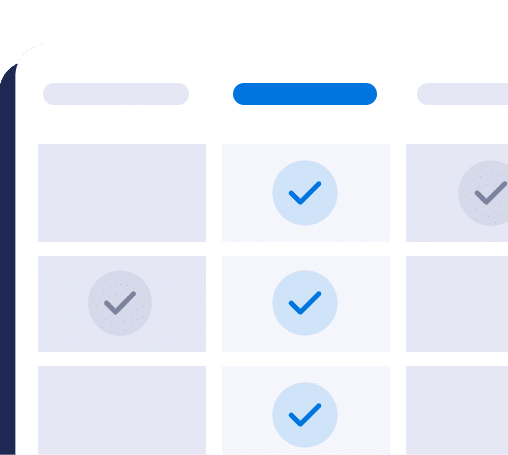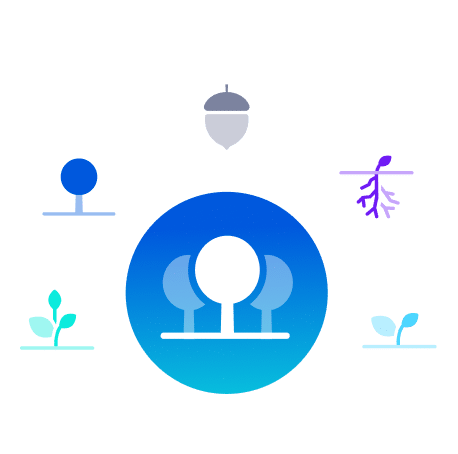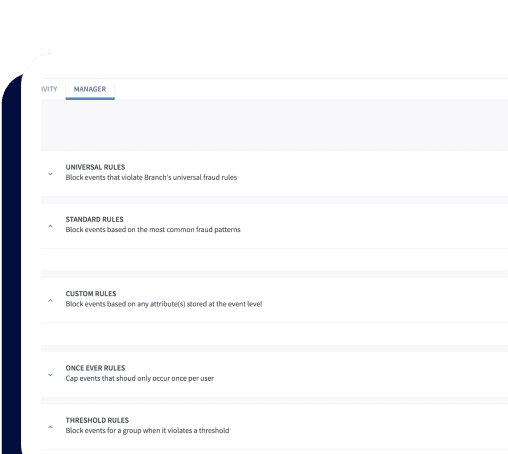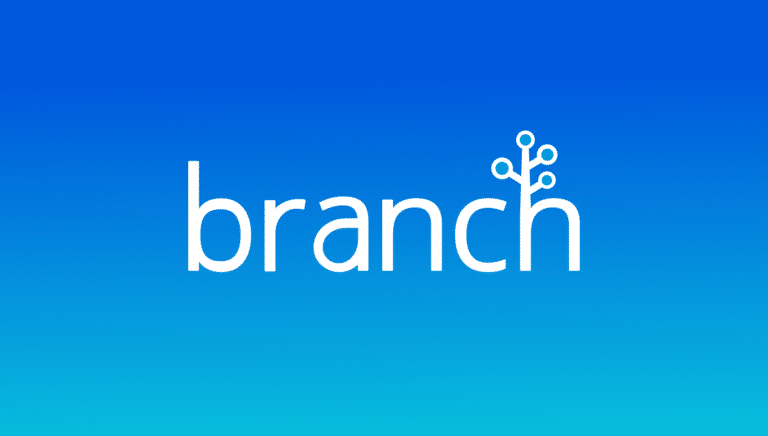The secret sauce behind Branch’s linking and attribution infrastructure is the Branch link graph, the largest pool of cross-platform (desktop, mobile web, and app) user activity in the world.
The link graph’s scale and accuracy means that — unlike our legacy attribution provider competitors — we only use basic probabilistic modeling as a last resort fallback. The challenge with basic probabilistic modeling is that it relies on non-unique device information, which means it is inherently inaccurate. We built our link graph to help solve this problem, but occasionally we encounter a user who is not recognized by the link graph. In these situations, basic probabilistic modeling is the only attribution method available.
At Branch, we hate the idea of inaccurate linking and attribution, which is why we recently completed an end-to-end infrastructure upgrade to add support for IPv6. We’re now the first platform in the industry with the ability to leverage the uniqueness of IPv6 addresses for dramatically improved basic probabilistic modeling accuracy.
Wondering how all this works? Keep reading to find out!
IP-What Technology?
The Internet Protocol (IP) is the communications protocol that provides an identification and location system for devices (i.e. computers, tablets, phones) on networks, and routes traffic across the Internet. Long story short, it’s essentially what allows the internet to even exist.
With the exponential expansion of the internet and devices tailored to access it, the complete exhaustion of globally unique IP addresses using IPv4 — the first publicly used version of the Internet Protocol — has been forecasted since the 1990s.
Enter the creation of IPv6 in 1998, and finally its acceptance as the Internet Standard in 2017. The transition to IPv6 is now well underway, and IPv6 addresses are being allocated globally via Internet Service Providers (ISPs) and mobile networks such as Verizon and T-Mobile.
The Ambiguity of IPv4
With IPv4, IP addresses are often shared between many devices. In fact, it’s not uncommon for an entire home or corporate network to share a single IP.
While IP addresses are just one of the attributes Branch uses to generate device information, we’ve found that IPv4-based information is often so similar that 30-40% of them get paired with the wrong user! Along with the fact that device fingerprints also start to decompose as soon as they are taken, and become pretty much useless within an hour or two, the outlook for using basic probabilistic modeling as a viable attribution method is pretty dire.
Increasing Accuracy with IPv6
Curious why IPv6 makes all the difference? Yes, you guessed it: It provides UNIQUENESS.
With IPv6, every device gets its own address, and we no longer need to worry about an entire network accessing the internet through a single IP.

Since Branch deployed the ability to capture IPv6 across our linking platform, we’ve seen a nearly 30% increase in strong matches with 100% accuracy on iOS alone.
Uniqueness is All
When it comes to user experiences and performance marketing, having 100% confidence in the accuracy of your linking and attribution is a must. It’s what allows you to accurately calculate your return on ad spend (RoAS), and provide world-class app experiences to drive increased conversion and retention rates.
At Branch, we pride ourselves on our attribution accuracy — in fact we have a parameter +match_guaranteed that we return with every Branch link to indicate our confidence in the match.
With the increase in accuracy of the basic probabilistic attribution method when using IPv6 addresses, you can now expect to see +match_guaranteed = true at significantly higher rates. As such, you can confidently allocate your coveted ad spend and provide personalized user experiences, knowing that you can rely on Branch to help you accurately recognize your customers everywhere.
Ready to improve the accuracy of your linking and attribution? Contact our sales team today to find out how we can help!

